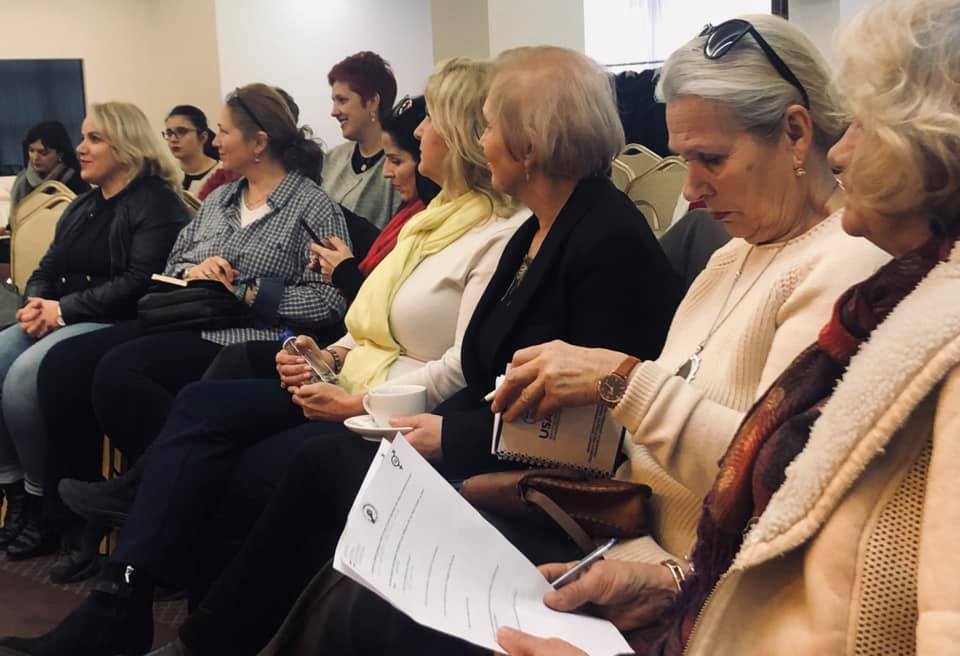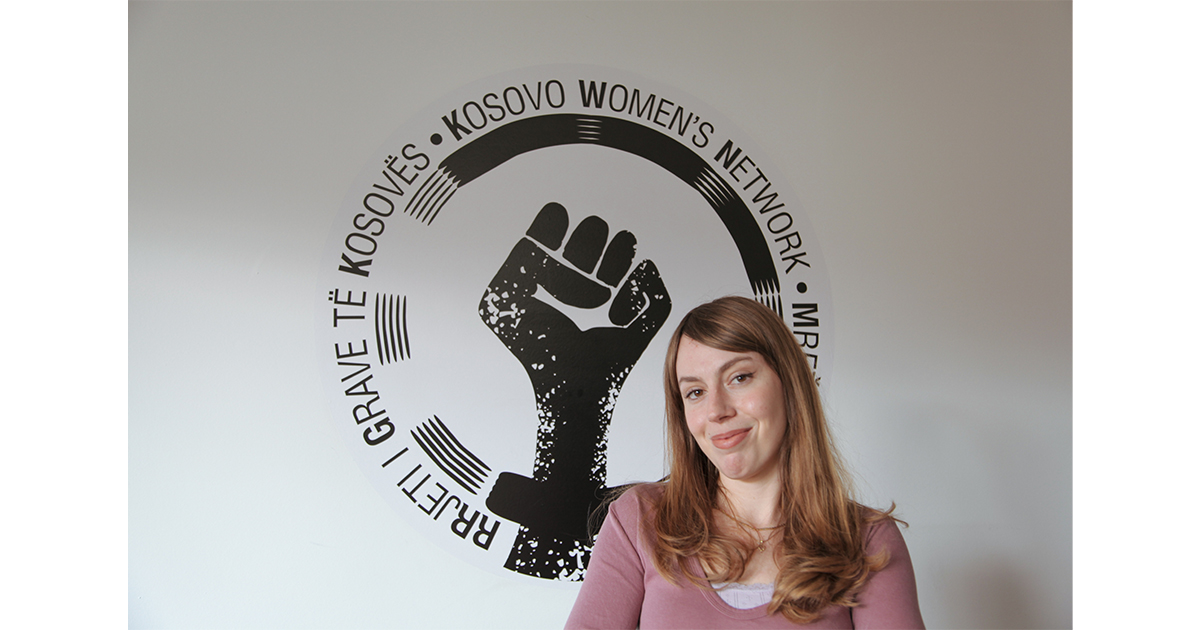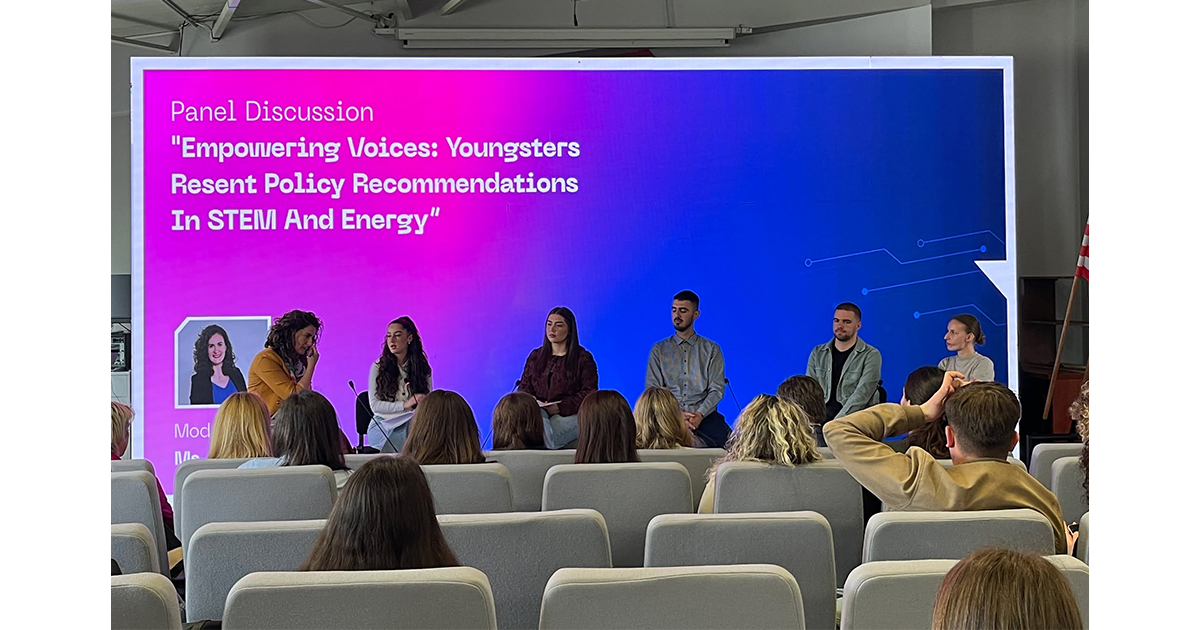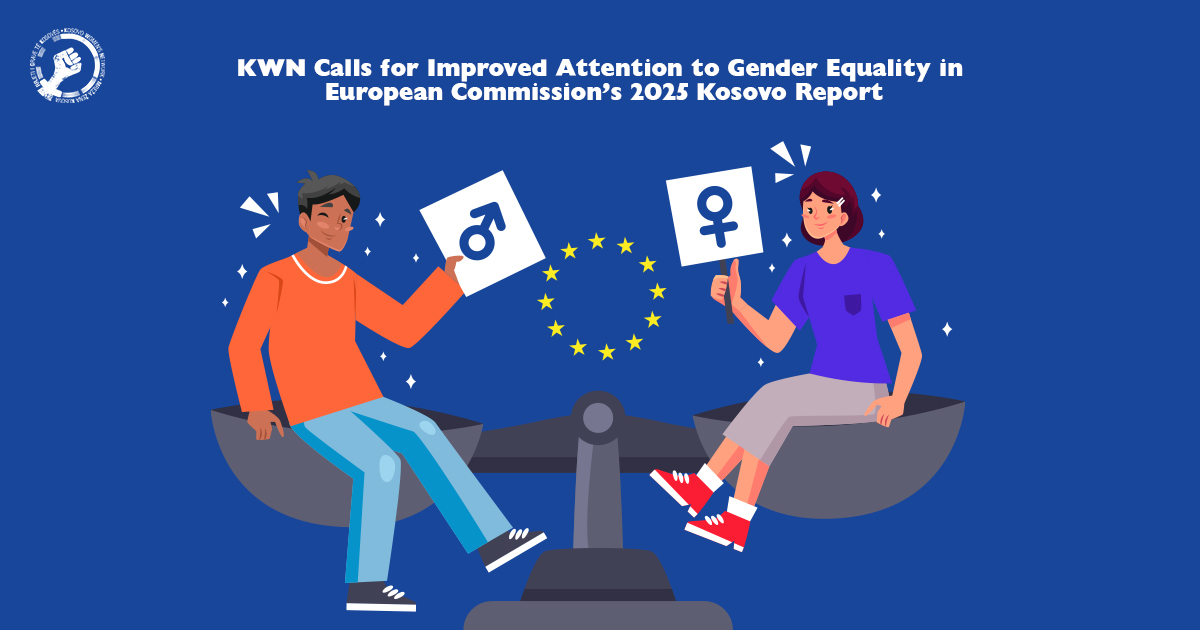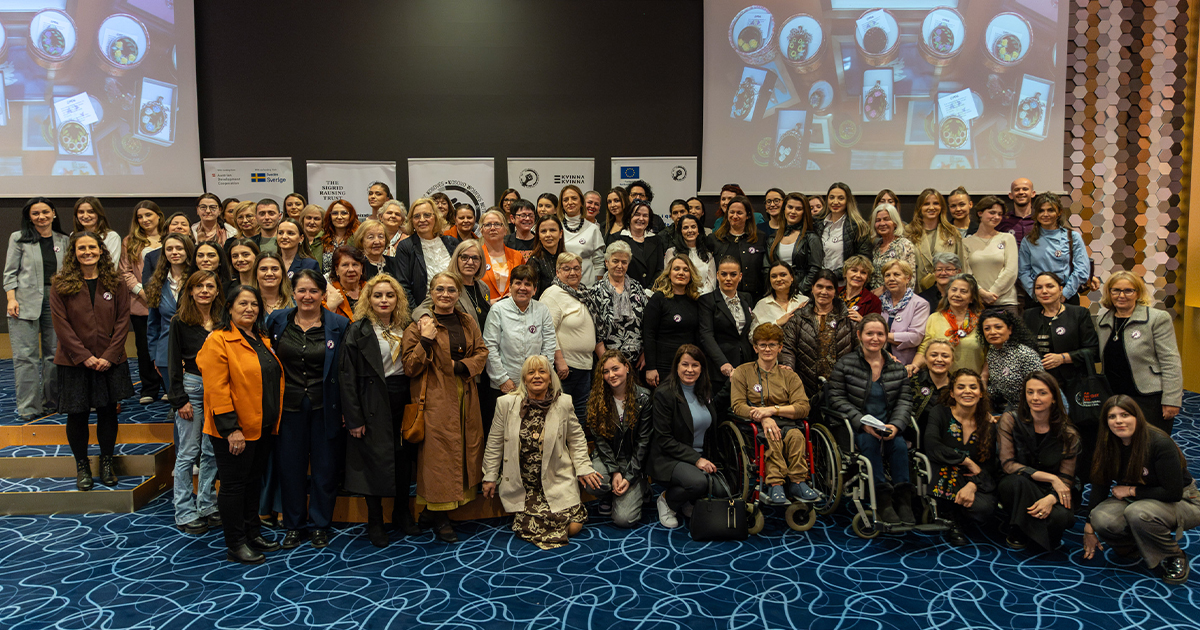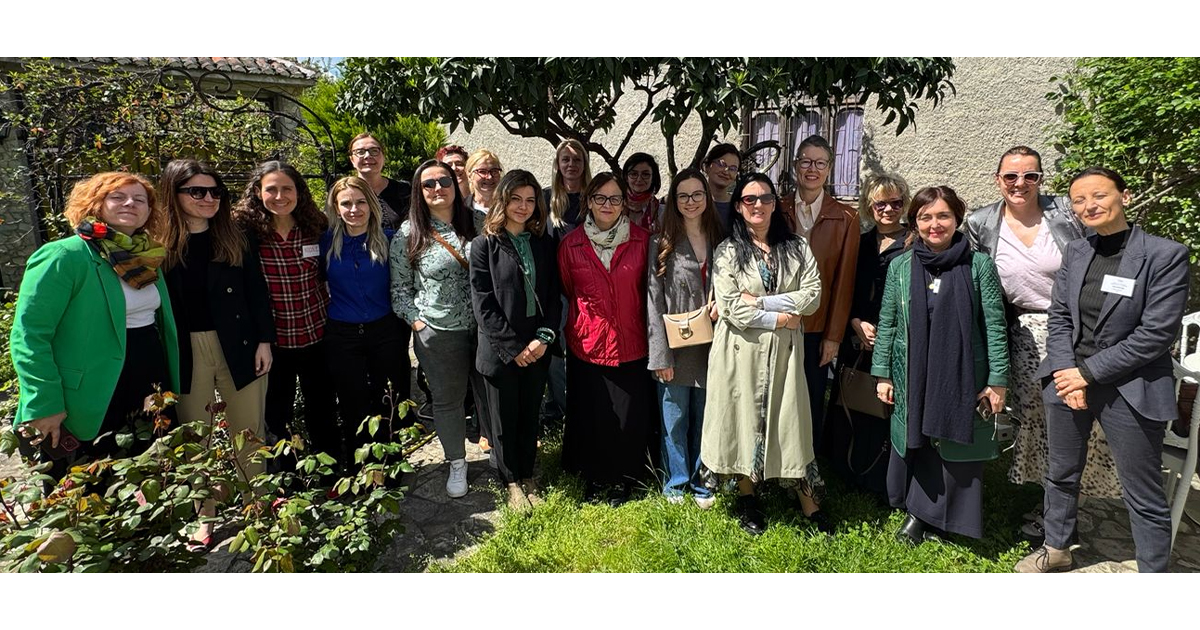On Feb. 11, the Lobby for Gender Equality (LGE) held its first meeting for 2019. The meeting started with discussions about current topics in our country, namely the case of sexual abuse of the minor girl from Drenas and the discriminatory logo of the 11th anniversary of independence. Moreover, in relation to the logo of the 11th anniversary of independence where in its foreground appears only the silhouette of a man, the discussions about the reaction to this issue concluded that this will only close the doors of the army for girls and women.
Therefore, immediately that day the Lobby and KWN sent a press release to the media, which can be downloaded here.
The meeting then continued with discussions about successful advocacy initiatives undertaken in 2018.
Igballe Rogova, Executive Director of KWN, presented a new initiative supported by the European Union Office which aims at strengthening the participation of women in politics, explaining how this four-year initiative will contribute to more meetings between KWN, Lobby and Coalition for Equality.
“We plan to organize meetings with women voters in every municipality. Today, we have in front of us a chance to work so that more women are included in decision-making positions. We need to change this situation, as now have the opportunity, after a long time, to turn to women voters. The goal is to give a message, and that message is solidarity among women”, Rogova said.
Municipalities of Mamusha, Fushe Kosovo, and Dragash are among the first places that were proposed to start the meetings with women voters.
Participants agreed that it is the time for women to publicly support each other.
While regarding the achievements of 2018 and the objectives for 2019, Lindita Dërvisholli from Municipality of Fushe Kosovo said that they have achieved to increase subsidies and advocacy for the mammography, with the latter being approved by the Municipal Assembly and budget will be allocated every year to ensure it.
In this meeting was decided that the meeting of the Coalition for Equality will be held in March. This meeting was supported by the Austrian Development Agency (ADA).

